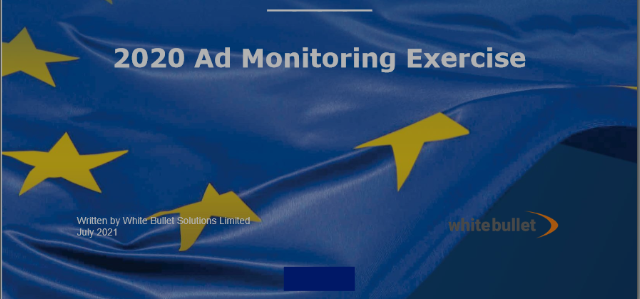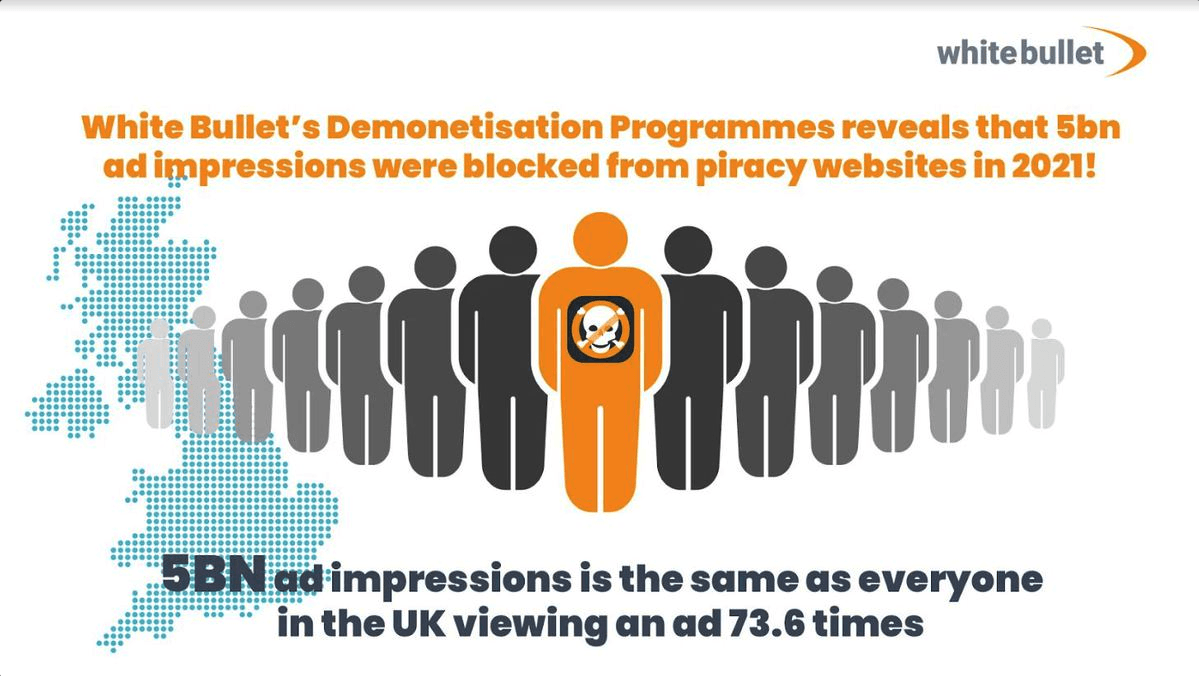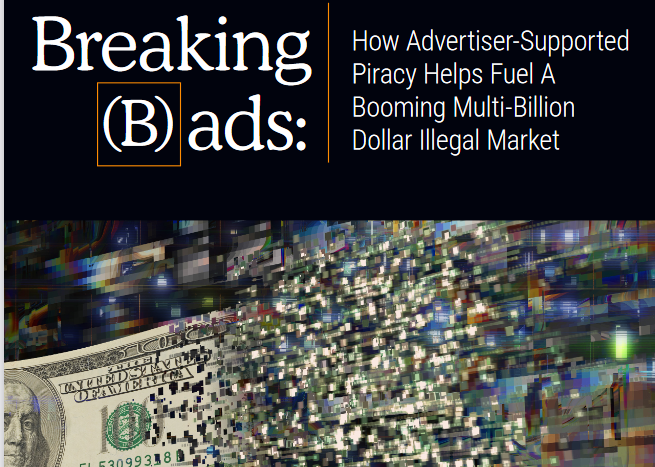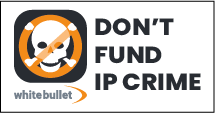“Cloaking”, as outlined in our previous article, is a technique increasingly used by pirates to drive higher quality advertising to their services by deceiving traditional ad industry brand safety tools. But let’s examine how pirates are driving traffic to cloaking sites and what solutions are needed to address the problem.
Cloaking is a technique by which pirates create or otherwise manipulate a website with an innocent-sounding domain name and non-infringing content to facilitate unauthorised live streams of copyrighted content.Pirates will temporarily inject certain webpages on cloaking websites with unauthorised live streams, which can only be accessed via a direct link and will return to being non-infringing once the live stream has finished. This deceives traditional ad industry brand safety tools, enabling pirates to drive higher quality advertising to their services, which often pays more per impression.However, the temporary and direct-linking nature of cloaking websites creates a key problem for the operators of cloaking websites: how do you drive users to these infringing links that will only be active for a couple of hours?The answer: social media.The operators of cloaking websites are exploiting the vast usership of social media to drive traffic to temporarily infringing webpages on cloaking websites, and it just one way in which the social media piracy ecosystem is growing.Facebook removed nearly 3 million posts that hosted or linked to pirated content in the first half of 2018 – a 20% increase from the first half of 2017.Specifically for the sports industry, over 10,000 links to illegal live streams of last summer’s World Cup were found on the three most popular social media networks, accounting for a viewership of over 40 million – an increase of 100% compared to the 2014 World Cup.Groups and forums dedicated to distributing links to pirated content frequently number more than 500,000+ members or subscribers, with rightsholders often critical of the response time of social media networks to their take-down requests.The entertainment industry is most affected by cloaking websites popularised through social media, as cloaking is oriented towards time-sensitive live streams such as sports, fashion, TV content. The damage done to the entertainment industry is alarming. Digital TV research estimate over $52 billion in revenue will be lost to the TV and film industry alone by 2022, with social media platforms playing a significant role in the growth of digital piracy.Social media platforms are unlikely to know which webpages pose IP infringement risk in the short window that these links are active.Only real-time scoring technology can accurately identify which webpages infringe IP in the time schedules required to combat cloaking ,White Bullet’s IPI Index™ continually scores webpages for IP infringement risk in real time, giving social media companies instant and dynamic ability to assess which links on their networks lead to IP infringing content. For more information on cloaking, advertising safety and IP infringement please contact info@white-bullet.com or visit www.white-bullet.com.
Get started with IPIP
Collect all your data for unified prevention, detection, and response to digital piracy.
White Bullet has helped over 3,000 brands to avoid funding digital piracy.
With over a billion dollars of ad spend funding IP infringement in 2020, it's time to work with us to stop pirates from using advertising to profit from distributing intellectual property.











